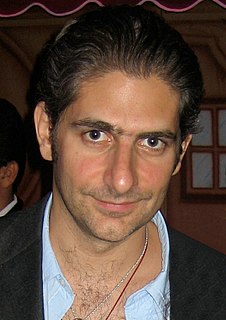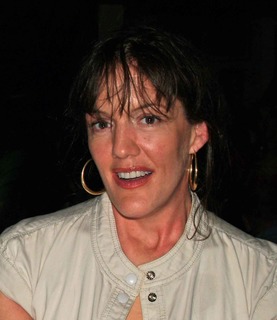A Quote by David Maraniss
There was a precarious balance during those crucial months between composition and decomposition - what the world gained and what a great city lost. Even then, some part of Detroit was dying, and that is where the story begins.
Related Quotes
I remember returning to Bangalore after a few months of travel and seeing it as a first-world city, like New York or San Francisco. This may be obvious to some people, but I grew up in Delhi, and I had no experience of how someone from a 'Tier 2' city may view a 'Tier 1' city. You really do emigrate between worlds when you come from those towns.
My position is that the rate should align with the level of economic development. Because it is always about a balance, a balance of interests, and it should reflect this balance. A balance between those who sell something across the border and those who benefit from a low rate, as well as a balance between the interests of those who buy, who need the rate to be higher. A balance between national producers, for example, agricultural producers who are interested in it.
Being a resident of the city and spending most of my time in the city, I've always been perplexed with how people could say there's nothing to do and nothing going on in Detroit, and how could you raise your family in Detroit. My reality is that I hang around with some of the most interesting creative people in the world, people doing things that could only be done in Detroit.
So, I mean, there's still vast swaths of the city that are suffering from a lack of jobs and poor housing and poor public schools, but they are building momentum - you know, techies, foodies, artists, musicians, all coming to Detroit. So there is this vibrancy. You see it in the newspapers every day - some story about the new Detroit.
I always have to start with a character that I can really hook into, and then build from there. I have writer friends who start from a world, an object or some kind of concept that they then hone and widdle into a story. But, for me, it has to be a character that I can really sink my teeth into and live with, for months and months.
In some exquisite critical hints on "Eurythmy," Goethe remarks, "that the best composition in pictures is that which, observing the most delicate laws of harmony, so arranges the objects that they by their position tell their own story." And the rule thus applied to composition in painting applies no less to composition in literature.






























